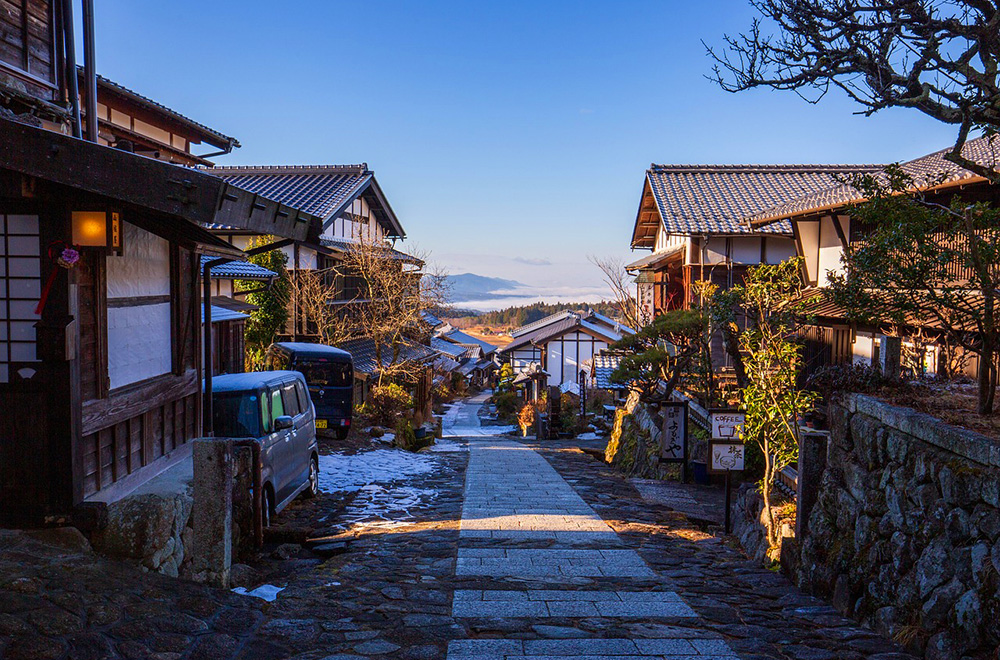
Japan’s rural landscape offers more than scenic beauty and cultural richness—it’s also becoming an increasingly attractive destination for retirees from around the world. In recent years, many expats have discovered the potential of akiya (空き家), Japan’s vacant homes, as affordable, peaceful, and meaningful retirement options.
This article explores why akiya properties are capturing the attention of foreign retirees, the lifestyle advantages of rural Japan, and what to consider if you’re planning to retire in your own countryside home.
Why Expats Are Choosing Akiya for Retirement
1. Exceptionally Low Property Prices
One of the biggest draws of akiya is affordability. In contrast to urban real estate markets in Tokyo or Osaka, rural akiya homes can cost:
- From as low as ¥4,000,000 for structurally sound houses
- ¥8,000,000 to ¥12,000,000 for already renovated or ready-to-move-in homes
This opens the door to full home ownership without a mortgage.
2. Peaceful, Slower Lifestyle
Rural Japan is ideal for those seeking a slower pace of life. Expats often describe the countryside as:
- Quiet, serene, and free from crowds
- Surrounded by nature—forests, mountains, rivers, and rice fields
- More community-focused, with warm interactions among locals
The calming environment is perfect for a restful and healthy retirement.
3. High-Quality Healthcare System
Japan offers world-class healthcare at a reasonable cost. Foreign residents can access:
- The National Health Insurance (NHI) system
- Local clinics and hospitals, even in rural areas
- Clean, efficient medical services with low waiting times
Many retirees feel secure knowing they can receive excellent care, even on a pension.
4. Rich Cultural and Culinary Life
Japan’s countryside isn’t just peaceful—it’s culturally vibrant. Retirees enjoy:
- Seasonal festivals and traditional rituals
- Access to hot springs (onsen) and temples
- Regional cuisine, local produce, and fresh seafood
Living in a rural town allows for deep immersion in the authentic, traditional Japan that many tourists never see.
5. Community Integration and Volunteer Opportunities
Many rural towns welcome foreigners with open arms, especially those who contribute to the local community. As a retiree, you can:
- Join gardening clubs, local festivals, or town events
- Teach language or offer cultural exchange activities
- Volunteer with rural revitalization initiatives
Akiya ownership helps build connections and a sense of belonging.
The Practical Side: Things to Consider
Residency and Visa Status
To live in Japan long-term, retirees usually need to hold:
- A long-term visa (such as spouse visa or long-term resident visa)
- A business manager visa if starting a small rural venture
- A visa through cultural activities or studies
- Permanent residency (for long-term foreign residents already in Japan)
Japan does not currently offer a retirement visa, but there are options depending on your situation.
Renovation and Accessibility
Many akiya need renovation to become retirement-friendly:
- Install Western-style toilets and baths
- Add insulation and air conditioning for year-round comfort
- Ensure barrier-free access, handrails, or one-floor living
- Connect utilities such as water, electricity, and internet
It’s essential to work with professionals who understand the needs of older residents.
Climate and Transportation
Rural Japan varies widely in climate—from snowy Hokkaido to tropical Kyushu. Choose an area based on your weather preferences and mobility needs. Also consider:
- Proximity to train stations or bus lines
- Access to supermarkets and medical facilities
- Availability of delivery services and taxis
Some towns offer support services for elderly residents and may even provide free transportation for hospital visits.
Popular Akiya Retirement Destinations
- Shizuoka: Warm climate, Mt. Fuji views, and ocean access
- Nagano: Mountain air, four seasons, and hot springs
- Fukuoka Prefecture: Urban access combined with rural charm
- Kagawa and Ehime: Peaceful coastal towns with island views
- Kumamoto: Affordable land, warm communities, and beautiful terrain
These regions offer a blend of nature, accessibility, and support services.
How Akiya Heaven Supports Retirees
At Akiya Heaven, we understand that retirement is a life milestone—and a major decision. That’s why we offer:
- Property sourcing tailored to your budget and lifestyle
- Bilingual support from consultation to contract
- Legal assistance through our licensed professionals
- Renovation planning with accessible design in mind
- Ongoing support to help you settle in and enjoy your new life
We help retirees turn rural dreams into reality—even if you’re still abroad.
Contact Us Today!
Ready to explore the potential of an akiya? Reach out to us at contact@akiyaheaven.jp to discuss your options and begin your journey toward owning a unique Japanese property. Akiya Heaven’s experts are here to answer your questions and provide the guidance you need. Unlock the potential of an akiya and turn an abandoned home into your ideal property. Contact us now to learn more!
